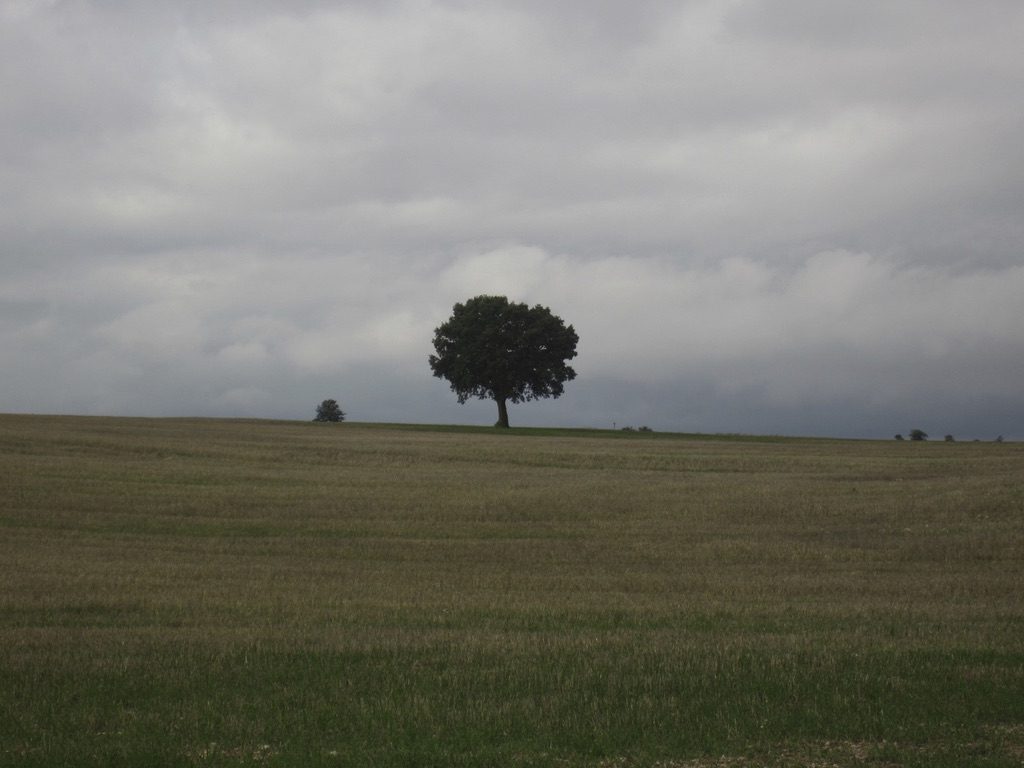
To many of us it seems like the world fell off its axis in 2016. The vote for Brexit, Trump and the triumph of Leicester City in the premier league seemed to signal the end of the world. And it’s been all down hill since then: a pandemic, a war in Ukraine, high inflation, an energy crisis, the Chinese baring their fangs towards Taiwan, a stock market meltdown, political polarisation and a culture war in the west, and with the possible return of Trump – or the reelection of Biden – it seems like we won’t have to wait long for the Apocalypse – if it’s not already here. But before you go off thinking it’s all hopeless and join a doomsday cult or something, bear in mind that a crisis is just an opportunity in disguise. There are plenty of adjustments we can make to our lives during difficult times to make them less unbearable. The bleak winter months ahead are going to require us all to sacrifice some creature comforts that we’re all accustomed to because they’ll be either unavailable or unaffordable. So that means now is a time to adopt a new mindset to help us weather the storm that faces us, and build new character traits to aid us on the rocky road ahead.
Consider the plight of the pilgrim on the road to Santiago: every morning they rise at 6, they eat a simple breakfast of whatever foodstuffs are available, they pack all their belongings in their rucksacks, they put on appropriate attire for the weather, then they walk for hours, across all terrains and in all conditions, until they reach their destination for the day. Once there, they unload their belongings, take a shower, wash clothes (often by hand), have lunch, take a snooze, look around the local town, buy provisions, have dinner, go to bed. Repeat. It’s as simple a life as one can lead in the modern technologically textured world, yet for those who choose to undertake it it’s as rich and rewarding as any path available. Once the rigours of the pilgrim’s lifestyle have been experienced, it can be very easy to carry those rituals into everyday life. Now more than ever is a time when we need to cultivate a new mindset, if only to keep the bills down.
1. HOW TO SAVE MONEY ON FOOD
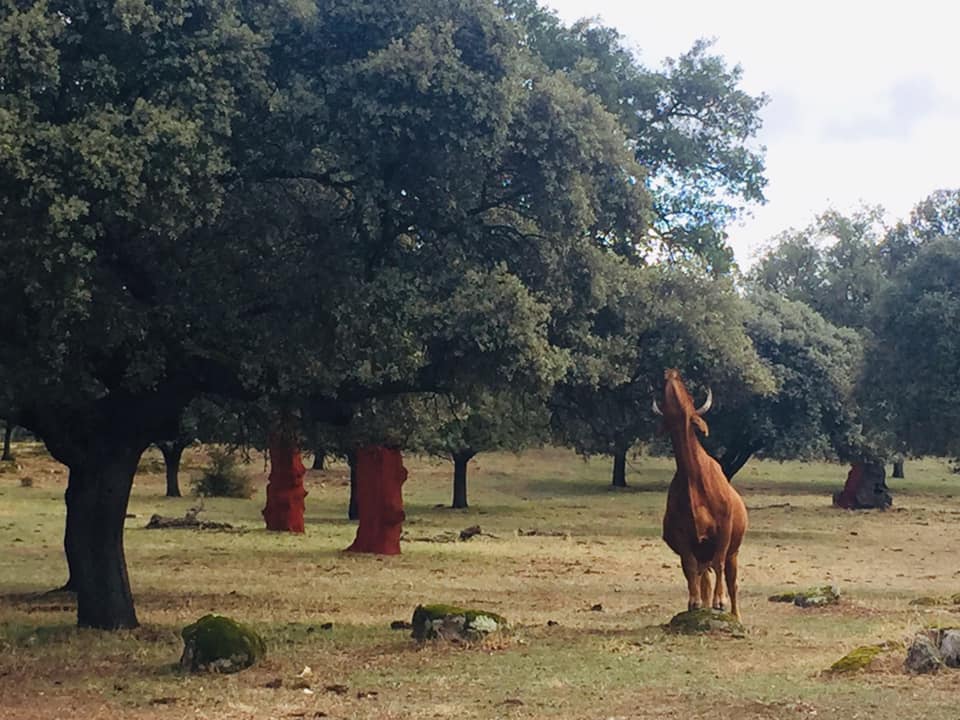
We all need to eat, and eat well. I’m not going to advocate for intermittent fasting here, although some do claim that periods of abstention from food are good for the body and mind. I’ll let others make that case. What I will argue in favour of is planning your meals in advance, sticking to a shopping list, and searching around for the best bargains in the supermarkets.
The pilgrim needs food, and often quite a lot of it to maintain strength and energy levels. You stock up when you find a shop, but in the wilds of Extremadura or on the plains of Castilla Y Leon shops can be hard to come by. When you do find one, you tend to buy only what you need and what you can carry. Everything else is a luxury. Now that food inflation is the highest it’s been for years, we should all do likewise.
-
Calculate what you need. Plan your weakly meals. Determine portion sizes. Buy enough for those meals and no more. Make a list and stick with it.
-
Waste nothing. There's no excuse for throwing away food. You may as well throw away money. Use all leftovers for soups and sandwiches. Freeze what you won't eat for later use, but don't throw away anything.
- If possible, go to the supermarket on foot or on a bicycle. That way you can only buy what you can carry. This forces you to be highly selective in your purchases. You also get a good workout en route.
2. HOW TO CUT DOWN ON YOUR ENERGY BILLS
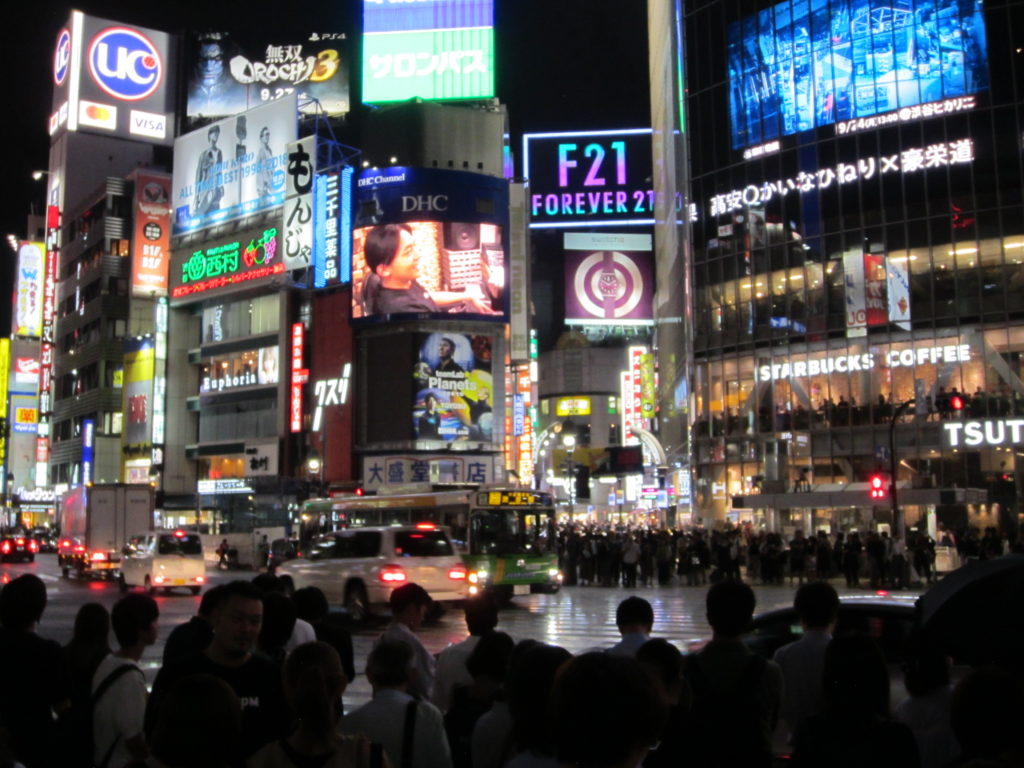
Putin’s invasion of the Ukraine meant we’ll probably be shivering in the dark for the winter. That’s pretty bad, but spare a thought for those who are living in war torn Ukraine. We’ve reaped the benefits of cheap energy for so long that we’ll struggle to pay bills now that they are higher than a hippie at Woodstock. But a little discipline may come to the rescue.
Pilgrims live in shared spaces called albergues, with just the most basic facilities at their disposal. These albergues are normally sufficiently cool on hot days, warm on cold days, and have enough lighting, hot water, and energy for cooking to cater for the pilgrim’s basic needs. Lights are turned out at 10 PM, and woe be to the person who switches them on before 6 AM. (Usually a German). Our own homes are usually a lot more luxurious. Some people heat their houses in winter to such an extent that you’d need to go into a Finish sauna to cool down, or have them so well illuminated that their house could be seen from space. No more. It’s back to basics from now on.
-
Only turn on lights in the room that you're using. Early in the morning it can be nicer to use candles. They're more ambient, relaxing and certainly cheaper. Consider wearing a head torch when walking between rooms.
-
The days are getting shorter and colder so our instincts are to turn on the central heating. Hold off. Wearing an extra layer indoors can reduce the need for heating. Wearing a cap inside shouldn't be discounted either.
- Take more cold showers. I know this is going to be a challenge, but consider the benefits to your health and bank balance. Besides, it's only cold for the first few seconds. After that it becomes second nature.
3. HOW TO CUT DOWN ON TRANSPORT AND GET FIT FOR FREE
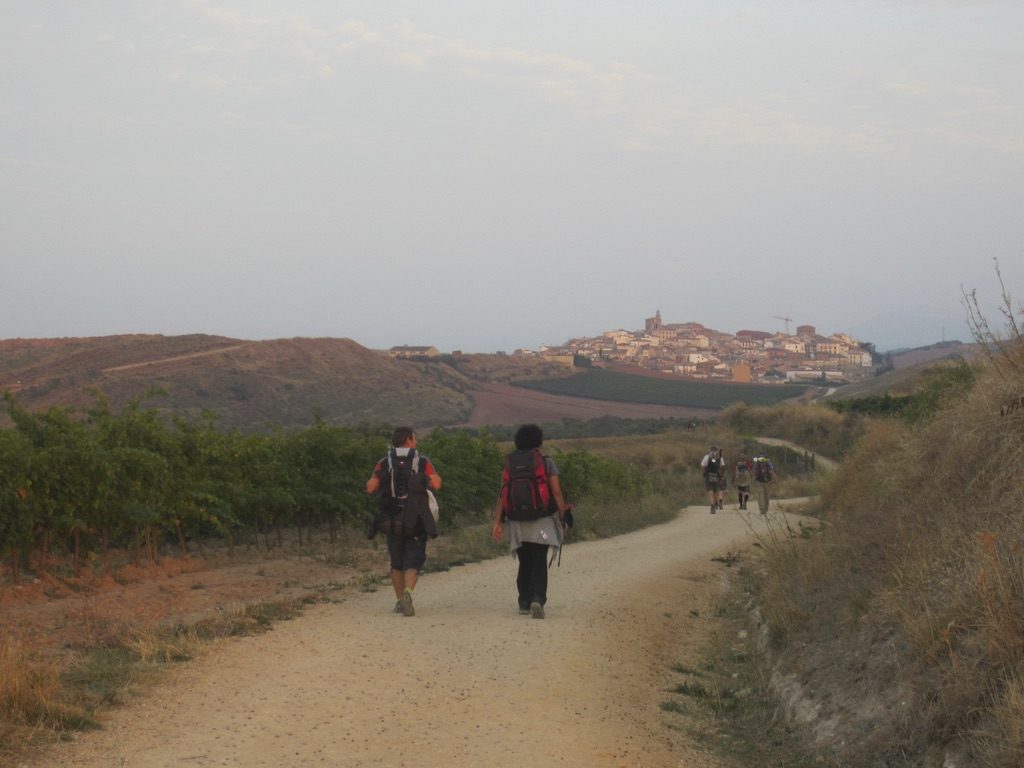
Now that the price of petrol and diesel is more expensive than the car that uses it, consider leaving the gas guzzler at home, or parking it further from work, and using your legs more to get about. Buy a bicycle to make shorter journeys. You’ll be able to afford one with with all the savings you make on petrol. And you’ll get fitter and healthier in the process.
Exercise is the raison d’etre of the pilgrim. Their daily step count is often between 25 and 30,000. Plus they have a 10 KG bag to carry. You don’t need to join a gym after that. But what’s to stop the rest of us from building more exercise into our daily routines? If you live less than 5 KM from work you could easily walk. If you reside between 5 and 10 KM away, cycle. If possible, carry your work requirements with you in a backpack. Rucking is becoming recognised as a great way of keeping fit. It’s something our ancestors had to do for millennia when they were carrying their kill back to the camp, so our bodies are well suited to it.
- Ditch the car and get moving. Walk wherever you can. Get back up on your bike. Use public transport where possible. And walk at pace for a good cardio workout.
- Walk or cycle to the supermarket. That way you have to be careful about what you purchase. I know I said that already, but it's worth reemphasising.
- Forgo joining a gym and exercise at home for free. Do press ups, sit ups, squats and a whole range of bodyweight exercises, and do them everyday.
4. RECONSIDER LUXURIES
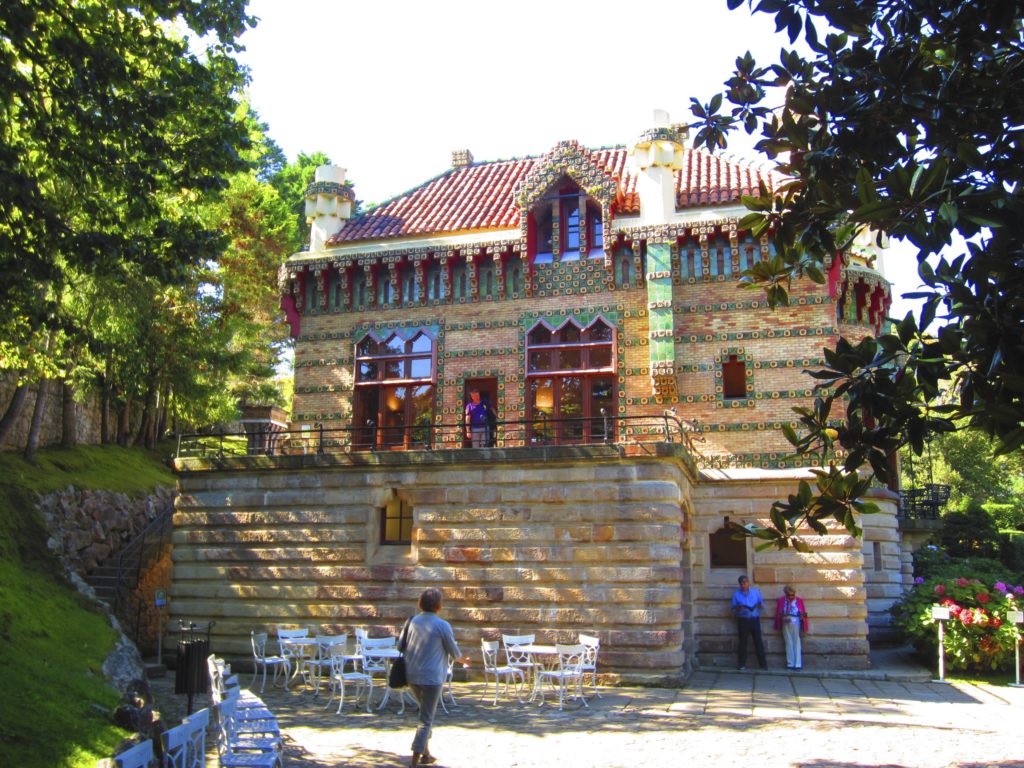
We all know the story: you spend a lot of time thinking about making a purchase. Your sense of expectation builds and builds until you finally buy the thing. Then you bring it home, take it out of the box and get a massive dopamine hit. The joy might still linger for a few days or weeks if you’re lucky, but then it gets weaker and weaker until eventually the object of desire is just another thing cluttering up your home. Again, I’m not making the case for being unnecessarily abstemious (well, maybe I am), but some considered prudence may save us a lot of money (and debt) during the upcoming winter of discontent.
The pilgrim has to forgo luxuries. They simply do not have the means to possess them if they have to carry everything they own on their back. Besides, no one particularly cares what brand of boots or backpack you have when you’re walking through the middle of the Meseta. All that’s important is that it does the job properly. Afterall, you don’t want a backpack that falls apart when you’re hiking in the wilds. But we all have a surplus of gadgets around the house that do exactly what they’re supposed to do. Clever marketers try and tempt us to upgrade to new things that have a few extra bells and whistles that’ll really make no difference to our lives. Resist them. If a thing is working, there’s no need to replace it.
- Don't buy stuff you can't afford unless it's absolutely necessary. Even then, ask yourself if you can you do without it.
- If you're thinking of buying something, pick it up and walk around the shop with it for 10 minutes. By then the novelty will have diminished and you'll be able to put it back on the shelf.
- Go tourist shopping. It's sort of like window shopping, but instead you walk through a shop, admire all the stuff on offer, get your dopamine hit from looking, and then leave without buying anything.
A pilgrim’s life is basic but beautiful. Once we have willingly foregone the luxuries of our lives, we can live very contentedly as long as we have our essential needs met. It’s not a life everyone would freely choose, and many of us are now faced with the reality of more constrained choices due to rapidly increasing food and energy prices. This will force many of us to change our ways. But remember, walking is free, libraries are free, reading is free, the ocean is free, tap water is free and breathing is free. Other things may now be more expensive, but if we consciously adapt to a frugal lifestyle it may liberate us from many unnecessary materialistic preoccupations, and enable us to begin much more fulfilling journeys of the body and soul.